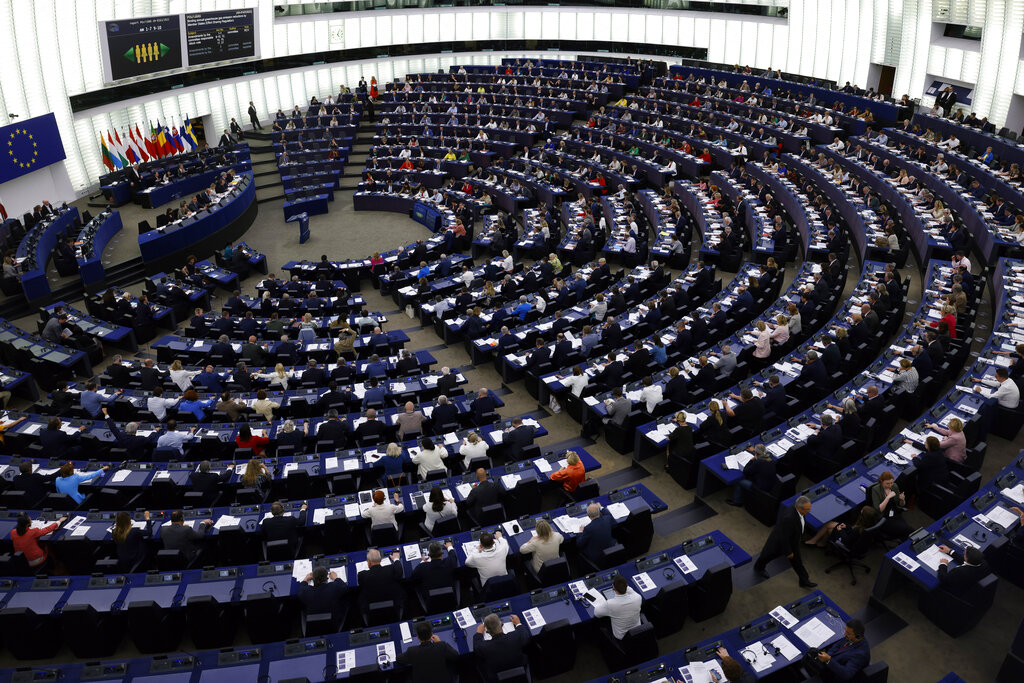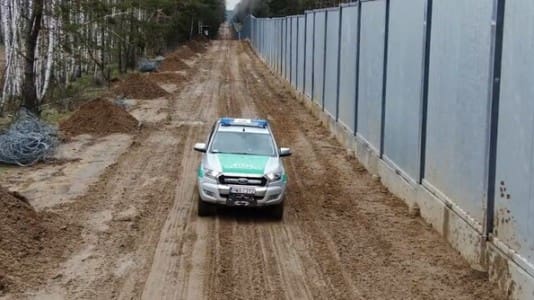For a brief moment, it seemed that the matter of EU funds for Poland was sealed with the agreement that they would be sent, but Tuesday’s debate in the European Parliament and Thursday’s resolution have shown that the opposition will not let go of the tool allowing them to blackmail the Polish government.
The European Parliament passed a resolution expressing its “deep concern about the European Commission’s actions regarding the Polish National Recovery Plan.”
The European Commission is also reluctant. Not only were 160 “milestones” of shocking scope entered into the addendum, a threat was also made that accomplishing them is a precondition for any payment. So, perhaps all the implications of accepting National Recovery Plan funds should be reconsidered?
It is worth watching Tuesday’s debate in the European Parliament to observe how vigorously the Polish opposition demanded that the European Commission intensifies its pressure on Poland.
Róża Thun, MEP from the Polish opposition party Civic Platform (PO), admitted that it was the very reason for demanding the meeting with Commission President Ursula von der Leyen following her visit to Warsaw. She stressed that the EU must guarantee freedom in Poland and take effective intervention measures. “Polish democratic institutions are young and not resistant to attacks,” she said. “It is what we expect of you and what we demand of you,” the Polish MEP told the Commission chief.
Von der Leyen’s answer was unambiguous — Poland will not get the funds until the “milestones” are achieved. “We will absolutely not send any funds until the reforms are realized,” the European Commission president said, adding that accepting the National Recovery Plan for Poland does not stop any procedures regarding the rule of law in Poland.
Can any desire to respect the sovereignty of Poland be seen in any of this? The tone of these statements leaves no illusions: Poland will be financially blackmailed until it gives up.
We need to remember that the 300-page addendum, including over 160 “milestones,” amount to extremely far-reaching interference in the Polish political system, economy, industry, agriculture, and even education. Elements of the European Green Deal, which would generate massive costs and damages, were also included.
So, if EU institutions have so many doubts about paying funds promised to Poland, if the advances to help create a mechanism to recover from the pandemic are gone, if the demands are increasing but Poland still has not received a single euro, should Poland not rethink its stance on EU National Recovery Plan funds?






